Mozambique's only radiotherapy machine to be back in operation at Maputo Central Hospital within ...
Islamic Community of Mozambique criticises Cabo Delgado attacks and behaviour of local authorities
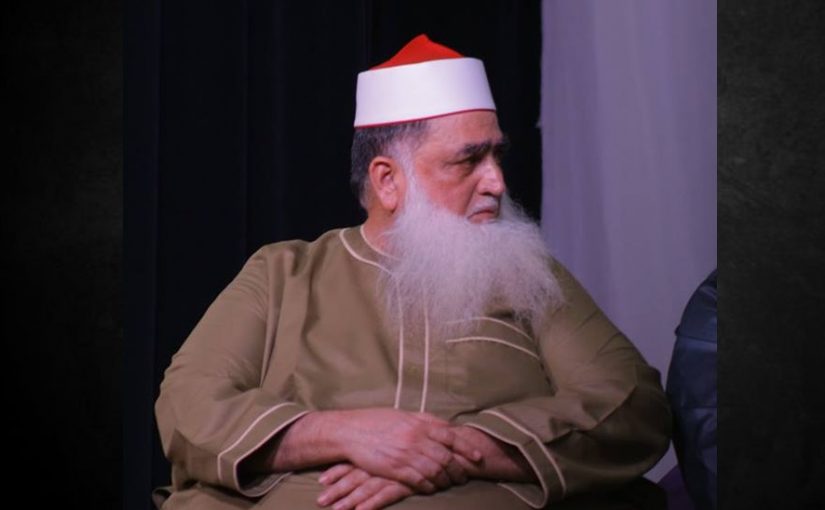
File photo: Facebook / Abdul Rashid Ismail
The president of the Islamic Community of Mozambique (CIMO) said yesterday that attacks in northern Mozambique “have negatively affected” the image of Muslims and suggested that instability was being created by foreign “interests”.
Abdul Rashid Ismail, chairman of CIMO, a socio-religious organisation based in Beira in the centre of the country but active throughout Mozambique, says that madrassas (Koranic schools) focus on education and teaching of moral values and are not linked to radical Islam.
“We (CIMO) have full control over the teachers in the madrassas. Our teachers are not trained abroad, they all are trained in Mozambique. If there are people who display this kind of behaviour, they are not linked to us in any way,” the CIMO leader said.

“People who have radical ideals, extremists and fundamentalists” are people who have studied mostly in Saudi Arabia and have learned “fanaticism, Wahhabism [the ultra-conservative Sunni Islamic movement],” Ismail said.
The CIMO official said the attacks had a “very negative impact” on the community and stressed that Muslims in the North, who “are for peace and do not want problems”, are adversely affected by the accusations of terrorism.
“In particular, in Cabo Delgado we were even banned from teaching children because they considered us foreigners. The police, especially, they did not let men enter the stations wearing Muslim caps, they were discriminated against,” he complained, criticising local authorities for attempting to crack down on CIMO activities that are authorised by the government.
ALSO READ: Mozambique: “Attacks in Cabo Delgado are commanded by external forces”
The religious leader suggested that “there are external interests” linked to the attacks, which are occurring “in places where there is wealth”, including minerals and natural gas.
“The people who do this in the name of Islam have ulterior motives or were sent by someone to take the population away from there and occupy that space. [They want] to create instability and panic in the population. They burn houses and decapitate people. They say that they are Muslims, but it is not Muslims who teach these barbarities,” Ismail said. “Madrassas do not teach these things.”
Ismail defended the work of the Islamic community, especially among disadvantaged children. “We are taking education to places where there are no religious or secular schools.”
Furthermore, in addition to Koranic teachings and the Arabic alphabet, madrassas teach social and moral values that promote “good behaviour so that children do not get lost in banditry and drugs”.
The head of CIMO said that more than 5,000 students attend madrassas throughout Mozambique.
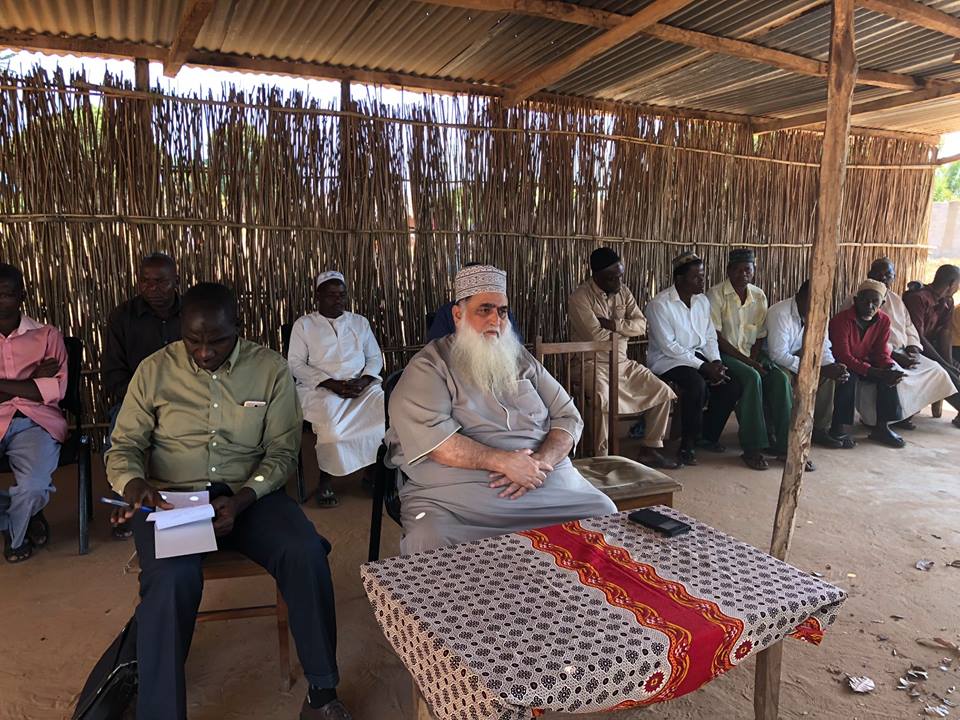
CIMO’s educational establishments include primary schools (the school in Beira can teach 750 students) and a secondary school in the final phase, also in Beira. There is an orphanage with a school, a health post and a sports pavilion in Nampula and another elementary school on the Island of Mozambique.
Ismail estimates that about 65% of Mozambicans are practicing Muslims, but the percentage rises to 80% on the Island of Mozambique and 90% in Niassa, and is even higher in other locations in northern Mozambique.
“Education is almost forgotten in these environments. Outside the cities, in the bush, there is not even one school. These children are deprived of education and that’s where we want to go. Our focus is on education and not just religion,” Ismail stressed.
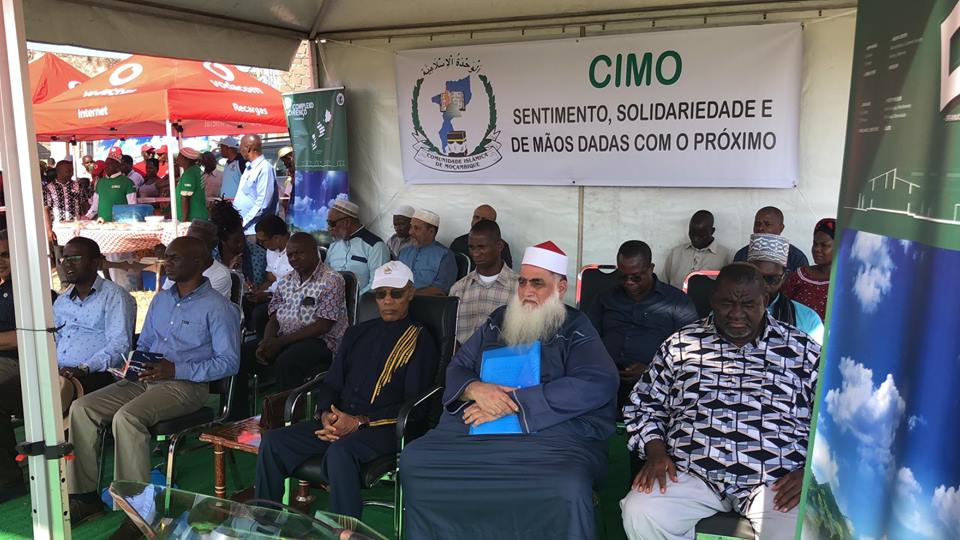
CIMO was founded in 2004 and presents itself as “a social, humanitarian and religious institution, based on the philosophy of Islam and the beliefs of Ahlus Sunnah Wal Jama’ah” (Sunni Islam), and whose aim is “to practice humanitarian and philanthropic nature, without distinction as to race, creed, sex or social class”.
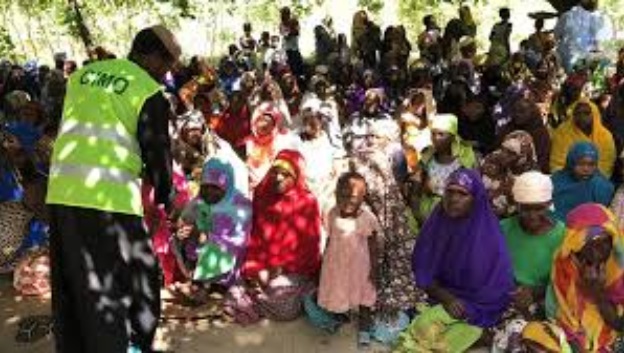






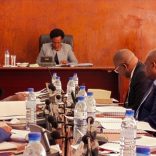
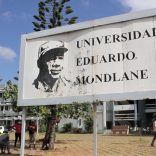





Leave a Reply
Be the First to Comment!
You must be logged in to post a comment.
You must be logged in to post a comment.